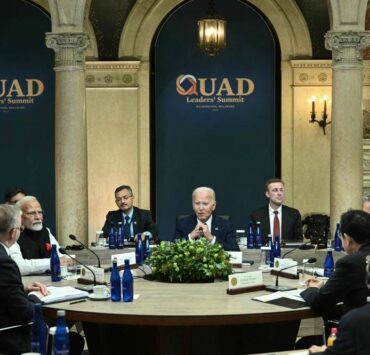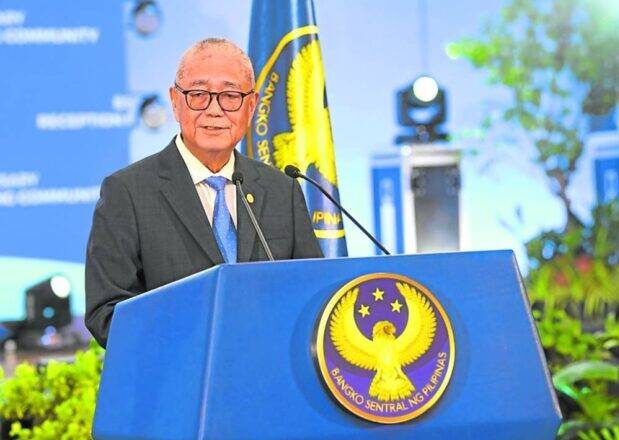More funds to rotate to equities… but not yet, analysts say

Investments may just be moving toward equities after the local stock market—now at its two-year high—positively absorbed news of a higher-than-expected interest rate cut abroad, although the shift may not be quick, according to analysts.
Jayniel Carl Manuel, equities trader at stock brokerage house Seedbox Securities Inc., told the Inquirer that the 6.25-percent interest rate in the country remained relatively high, therefore making fixed-income investments, such as bonds, more appealing to investors. Lenders get a fixed amount of interest paid by the bond issuers.
“This keeps the fixed-income environment attractive for investors, especially with yields above inflation, providing a stable return,” Manuel said.
But for Juan Paolo Colet, managing director at investment bank China Bank Capital Corp., the window for locking in high yields “is getting narrower,” adding that benchmark interest rates for government securities were now “well below” 6 percent for tenors of up to 10 years.
“Investors are thus looking to put some money to work in stocks to provide better returns,” Colet said in a Viber message.
This comes after the local bourse broke its two-year record, breezing past the 7,200 barrier due to the US Federal Reserve’s half-point interest rate cut.
The benchmark Philippine Stock Exchange Index (PSEi) closed at 7,252.32 on Friday, up 3.27 percent versus last week and 10.7 percent from the beginning of the year.
Trading was also strong, with net value turnover ending at P14.02 billion, which is above the year-to-date average of P5.10 billion.
Missing catalyst
What could be the missing catalyst for the great shift to equities? According to Manuel, it is “clearer evidence for further rate reductions or stronger economic growth.”
“There will still be inflows to equities and these inflows are very likely to increase with rate cuts,” he added.
With the PSEi posting a three-week rally, it is also likely for traders to shed some of their shares and lock in gains, Japhet Tantiangco, research manager at Philstocks Financial Inc., warned.
Tantiangco noted, however, that the market “may still end [the] week on a positive note” due to the Bangko Sentral ng Pilipinas’ (BSP) dovish monetary policy outlook and the local currency’s strength versus the US dollar.
Economists have said that the BSP may now have more room to further cut rates in the Philippines, with two more reductions projected before the end of the year.
BSP Governor Eli Remolona Jr. previously hinted at another 25-basis-point rate cut either at the October or December meeting of the Monetary Board.




















